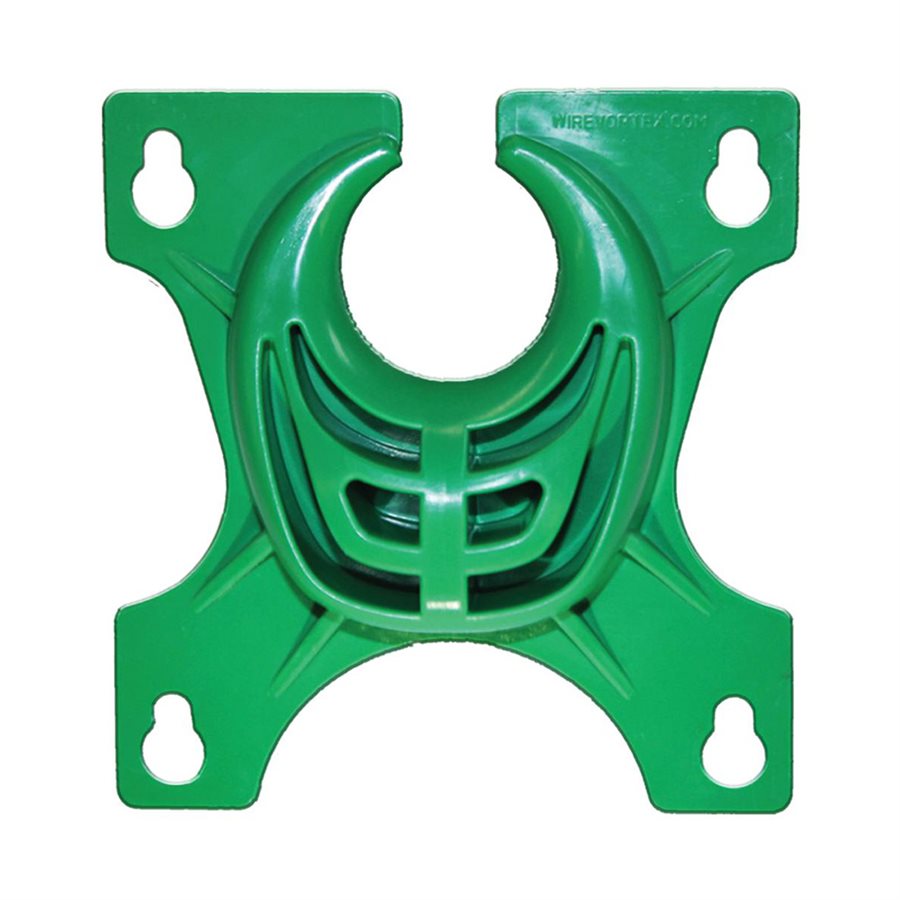Thumb pulling is a common occurrence that can result from various causes, ranging from sports injuries to everyday accidents. Whether you've experienced it yourself or know someone who has, understanding the condition and its management is essential for effective recovery. In this guide, we'll explore everything you need to know about thumb pulling, including prevention, treatment, and rehabilitation strategies.
From understanding the anatomy of the thumb to learning about the most effective treatment options, this article aims to provide a complete resource for individuals seeking reliable information. Whether you're recovering from a thumb injury or simply want to prevent one, the insights shared here can make a significant difference in your journey toward better thumb health.
This thumb pulling guide will delve into the symptoms, diagnosis, and treatment options available, supported by expert advice and evidence-based recommendations. Let's get started!
Read also:Leonardo Nam The Rising Star In Hollywood
Table of Contents
- Understanding Thumb Anatomy
- Common Causes of Thumb Pulling
- Identifying Symptoms of Thumb Pulling
- Diagnosis and Evaluation
- Treatment Options for Thumb Pulling
- Rehabilitation Exercises
- Preventing Thumb Injuries
- Thumb Pulling in Sports
- Thumb Pulling in Children
- Conclusion and Next Steps
Understanding Thumb Anatomy
Key Components of the Thumb
The thumb is a crucial part of hand functionality, allowing for grip, pinch, and fine motor skills. It consists of two primary bones: the metacarpal and the proximal phalanx. These bones are connected by ligaments and supported by muscles and tendons that enable movement.
When discussing thumb pulling, it's essential to understand the role of the ulnar collateral ligament (UCL), which stabilizes the thumb joint. Injuries to this ligament are common in thumb pulling cases and can significantly impact hand function.
Common Causes of Thumb Pulling
Sports-Related Injuries
Thumb pulling often occurs during sports activities, particularly those involving catching or throwing. Sports like football, basketball, and volleyball frequently lead to thumb injuries due to the force exerted on the joint.
Other common causes include:
- Falls on an outstretched hand
- Accidental twisting of the thumb
- Repetitive strain from activities like typing or gaming
Identifying Symptoms of Thumb Pulling
Physical Indicators
Recognizing the symptoms of thumb pulling is vital for early intervention. Common signs include:
- Pain at the base of the thumb
- Swelling and bruising
- Difficulty gripping or pinching objects
- Tenderness when touching the affected area
In severe cases, individuals may experience instability in the thumb joint, making it difficult to perform daily tasks.
Read also:Sophia Ali A Rising Star In The Entertainment Industry
Diagnosis and Evaluation
Medical Assessment
Diagnosing thumb pulling typically involves a physical examination by a healthcare professional. The doctor may assess the range of motion, stability, and strength of the thumb joint. Imaging tests such as X-rays or MRI scans may also be used to evaluate the extent of the injury.
It's crucial to consult a qualified medical professional for an accurate diagnosis, especially if symptoms persist or worsen over time.
Treatment Options for Thumb Pulling
Non-Surgical Approaches
Most thumb pulling cases can be managed effectively with non-surgical treatments. These include:
- Rest and immobilization using a splint or brace
- Application of ice to reduce swelling
- Anti-inflammatory medications to alleviate pain
Surgical Intervention
In cases of severe ligament damage or joint instability, surgery may be necessary. Surgical options typically involve repairing or reconstructing the damaged ligament to restore thumb function.
Rehabilitation Exercises
Strengthening the Thumb
Rehabilitation exercises play a critical role in the recovery process. These exercises aim to restore strength, flexibility, and coordination in the thumb. Examples include:
- Thumb flexion and extension
- Pinch strengthening exercises
- Grip strengthening using a soft ball
Working with a physical therapist can ensure that exercises are performed correctly and safely, minimizing the risk of re-injury.
Preventing Thumb Injuries
Tips for Injury Prevention
Preventing thumb pulling involves adopting safe practices in daily activities and sports. Consider the following tips:
- Wear protective gear during sports
- Use ergonomic tools to reduce strain
- Practice proper hand positioning during activities
Education and awareness about thumb anatomy and injury mechanisms can also contribute to effective prevention strategies.
Thumb Pulling in Sports
Managing Sports-Related Thumb Injuries
Athletes are particularly vulnerable to thumb pulling due to the high-impact nature of many sports. Coaches and trainers should emphasize injury prevention techniques and ensure that athletes receive prompt medical attention if an injury occurs.
Return-to-play protocols must be followed carefully to prevent further damage and promote full recovery.
Thumb Pulling in Children
Special Considerations for Pediatric Cases
Children may experience thumb pulling due to falls or accidental trauma. Parents and caregivers should be vigilant for signs of injury and seek medical attention promptly.
Treatment approaches for children may differ slightly from those for adults, as their growing bones and ligaments require special consideration.
Conclusion and Next Steps
This thumb pulling guide has provided a comprehensive overview of the condition, covering its causes, symptoms, diagnosis, and treatment options. By understanding the anatomy of the thumb and adopting preventive measures, individuals can reduce the risk of injury and improve overall hand health.
We encourage readers to share their experiences and insights in the comments section below. Additionally, feel free to explore other articles on our site for more information on related topics. Remember, early intervention and proper care are key to successful recovery from thumb pulling.
Sources:
- Mayo Clinic - Hand Injuries
- WebMD - Thumb Sprain
- Johns Hopkins Medicine - Ulnar Collateral Ligament Injury

